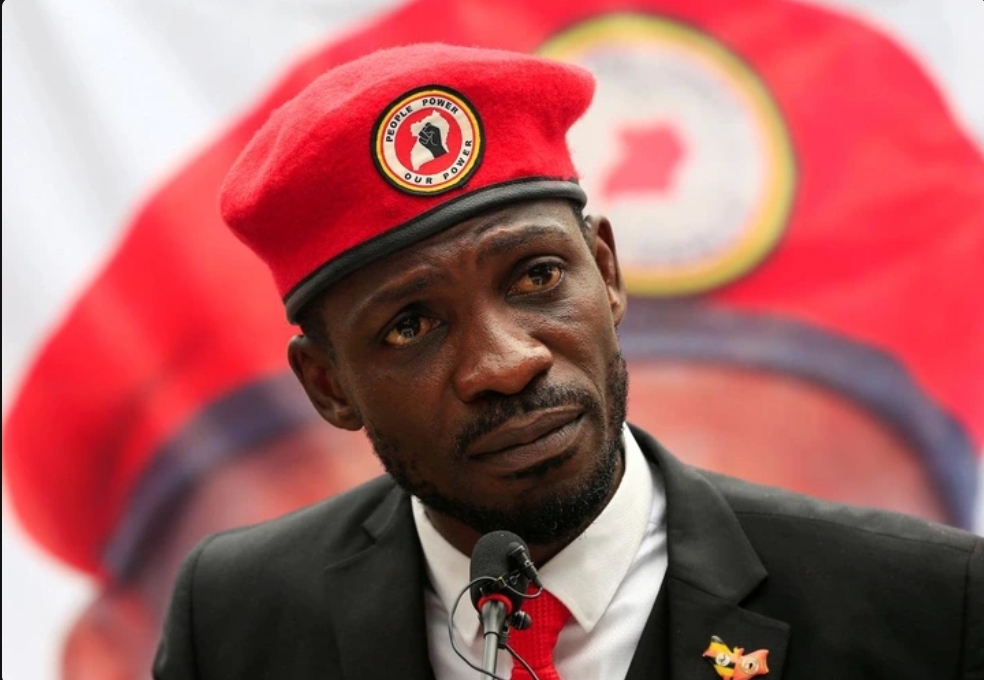2026 Elections: The most regionally represented presidential race in history

As Uganda gears up for the 2026 general elections, the political temperature is steadily rising not with noise and chaos this time, but with an intriguing, calculated alignment, each region has unleashed a flag bearer, signaling what may become Uganda’s most regionally balanced and ideologically competitive presidential race in decades.
This development is not coincidental but it is historic.
Central Region: Kyagulanyi’s People Power Still Roaring
Robert Kyagulanyi aka Bobi Wine hails from Buganda.
Robert Kyagulanyi Ssentamu, also known as Bobi Wine, who was once seen as a political novice, is now arguably the most formidable opposition figure in Uganda. Representing the National Unity Platform (NUP), his message of generational change, social justice, and anti-corruption continues to resonate deeply with the youth across the country, especially in the central region, his stronghold.
But Kyagulanyi’s appeal is no longer limited to Buganda. His relentless grassroots mobilization and consistent criticism of the Museveni regime have transformed him into a national brand. His recent tours in the North and East were well attended, a sign that his People Power movement is evolving into a truly national force. Whether the state machinery lets him campaign freely in 2026 remains a lingering question.
Northern Region: Jimmy Akena carries UPC’s legacy with calculated precision
UPC’s Jimmy Akena hails from the Lango-Northern Region.
Jimmy Akena, the son of former President Milton Obote and the current president of the Uganda People’s Congress (UPC), is eyeing a larger role than ever before. Long viewed as lukewarm, Akena has surprised observers by signaling a more confrontational tone and rebranding UPC into a party with Northern muscle and a hint of national relevance.
His leadership of Lira City and deep roots in the Lango sub-region give him a base. But Akena’s biggest challenge lies in uniting a historically fragmented North under one umbrella. With Acholi, West Nile, and Lango historically pulling in different political directions, it remains to be seen whether Akena’s appeal can transcend regional loyalties and match up against his late father’s legacy.
Western Region: Museveni clings on, but the winds are changing
President Yoweri Museveni, now in power for nearly four decades has confirmed he will seek re-election in 2026, representing the National Resistance Movement (NRM). His grip on the western region, particularly in Ankole, Kigezi, and parts of Tooro, remains significant. However, that grip is loosening.
The youth bulge, growing economic discontent, and widespread fatigue with prolonged rule are eating away at NRM’s base. Museveni is banking on infrastructure achievements, security, and the controversial parish development model to regain the people’s faith.
But even within the West, there are cracks, and one of the most significant comes from within the system itself.
Eastern Region: Nandala Mafabi steps forward as the reformist patriot
Nandala Mafabi, FDC’s presidential choice for the 2026 general elections, hails from Bugisu-Eastern Region.
Forum for Democratic Change (FDC) recently made headlines by endorsing Nathan Nandala Mafabi as its 2026 flagbearer after Patrick Amuriat stepped aside. A seasoned legislator from Budadiri West in the Bugisu sub-region, Nandala is known for his tough stance on corruption, economic discipline, and institutional reform.
Eastern Uganda has long been considered a swing region and Nandala’s candidacy could galvanize the East to assert itself politically. For years, Busoga and Bugisu have lacked a unifying candidate of national stature. Mafabi changes that dynamic. His technocratic background, combined with his no-nonsense political style could attract not just easterners, but also voters frustrated by both Museveni and Kyagulanyi.
Rwenzori and Greater Kigezi: Mugisha Muntu’s quiet thunder
Former army commander and Alliance for National Transformation (ANT) leader Gen. Mugisha Muntu remains an enigma in Ugandan politics. Often dismissed for being “too gentle,” Muntu has never veered from his core principles of institutional reform, accountability, and peaceful transition of power.
His strength lies in Kigezi and the Rwenzori sub-region especially among educated, middle-class voters and civil servants who find hope in his technocratic and policy-based approach. While his popularity has never hit Kyagulanyi or Museveni levels, he remains a critical player in coalition-building. Muntu may not win, but his support could tip the scales in a tight race.
What makes the 2026 election extraordinary is not just the number of candidates, it’s the regional clarity of their support and identity. Each region is betting on its son, each claiming a version of Uganda’s future.
This is a double-edged sword. On one hand, it shows that Uganda’s democracy is maturing; every region feels politically energized, represented, and ready to lead. On the other hand, it risks reinforcing ethnic and regional politics over national unity.
What remains to be seen is whether these candidates will exploit tribal affiliations or transcend them with issue-based campaigns.
Ugandans are increasingly aware of the stakes. A generational shift is palpable. The youth, which make up over 75% of the population, are restless. They want jobs, education, health services and leaders who speak their language.
Museveni represents stability, but to some, he also symbolizes stagnation. Kyagulanyi represents hope, but to critics, he’s inexperienced. Mafabi offers competence with over twenty years of experience as a Member of Parliament, but can he inspire mass emotion? Muntu has integrity but lacks the populist fire. Akena offers heritage, but will that translate into future power?
2026 is shaping up not just as an election, but as a referendum on the very soul of Uganda. Will the country vote for continuity or change? For regional loyalty or national unity? For charisma or competence?
The field is crowded, the ambitions are high and the electorate is more informed than ever before.
One thing is clear: this time, every region has a voice, a candidate, and a stake in the future



0 Comments